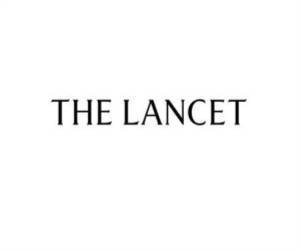
Participants received either one gram of TXA by injection followed by another one gram in a drip over the following eight hours, or a dummy lookalike.
TXA reduced the risk of death by any cause by 10 percent compared with the placebo, the paper said.
When it came to the risk of death by bleeding, TXA scored a reduction of 15 percent over the placebo.
Each year, more than a million people die as a result of traffic injuries, and another 1.6 million die as a result of acts of violence, and many could be saved by swift action to stop haemorrhaging, the researchers said.
"Each year about 600,000 injured patients bleed to death worldwide," said lead author Ian Roberts, a professor of epidemiology.
Advertisement
TXA works by reducing the breakdown of clots. The drug is manufactured by a number of companies, and a gram of it costs about 4.50 dollars.
Advertisement
"The drug is inexpensive and could be given in hospitals worldwide," said Etienne Krug, director of violence and injury prevention and disability at the UN's World Health Organisation (WHO).
"It is essential that doctors are aware of these results and take them into account in the emergency management of seriously injured patients."
The trial was carried out to see whether TXA was effective and whether it had bad side effects, such as increasing the risk of heart attacks, strokes and lung clots.
On the latter score, there was no increase in any of these complications, the authors said.
Source-AFP










